Meet the Sierra Madre Network Cooperatives
60+ women, 14 communities, 4 municipalities, 1 regional network for social, economic, and gender empowerment
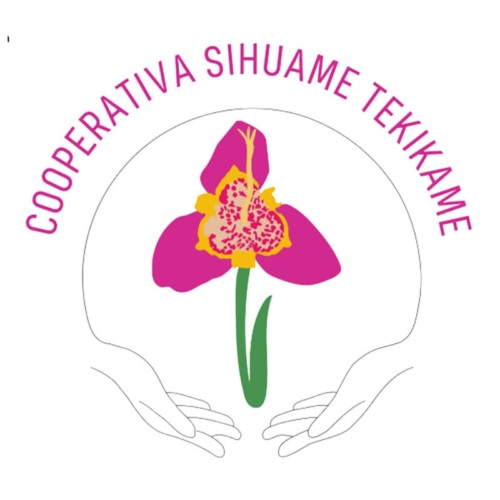
Sihuame Tekikame
Acaxochitlán, Hidlgo
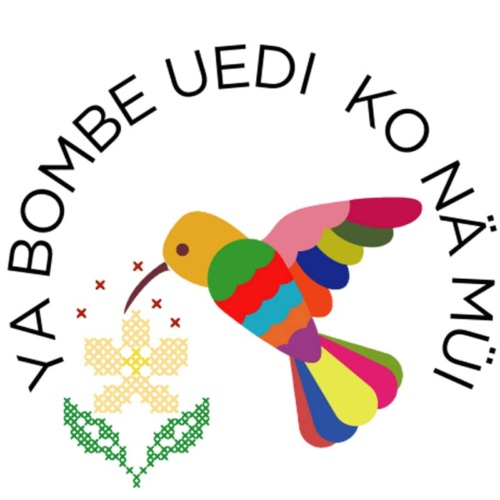
Ya Bombé Uedi Ko Nä Müi
Huehuetla, Hidalgo
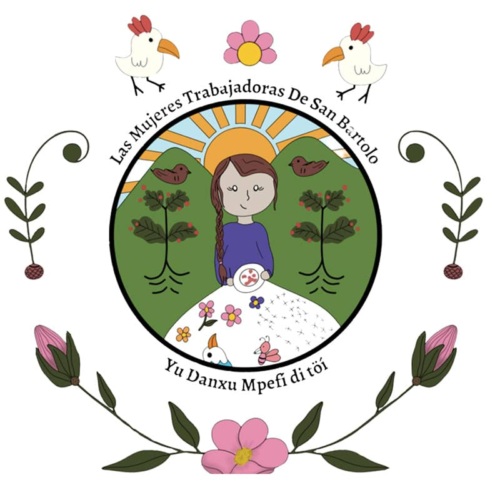
Yu Danxu Mpfei Di Töi
San Bartolo Tutotepec, Hidalgo
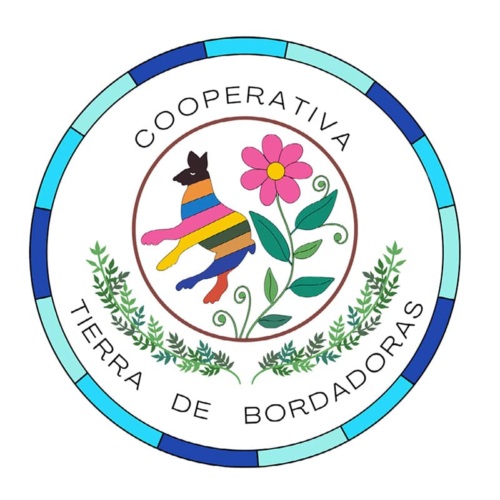
Tierra de Bordadoras
Tenango de Doria, Hidalgo

Sihuame Tekikame
Named in Náhuatl, Sihuame Tekikame (Working Women) is a powerful group of women with a diverse range of skills, backgrounds, and interests. United in their mission, members produce handcrafted wooden toys and furniture, decorative art from pinecones and felt, traditional woven belts, embroidered clothing, and even tamarind sweets.
Products: Embroidered clothing, home goods & accessories, woven belts, handcrafted wooden toys & furniture, traditional sweets.
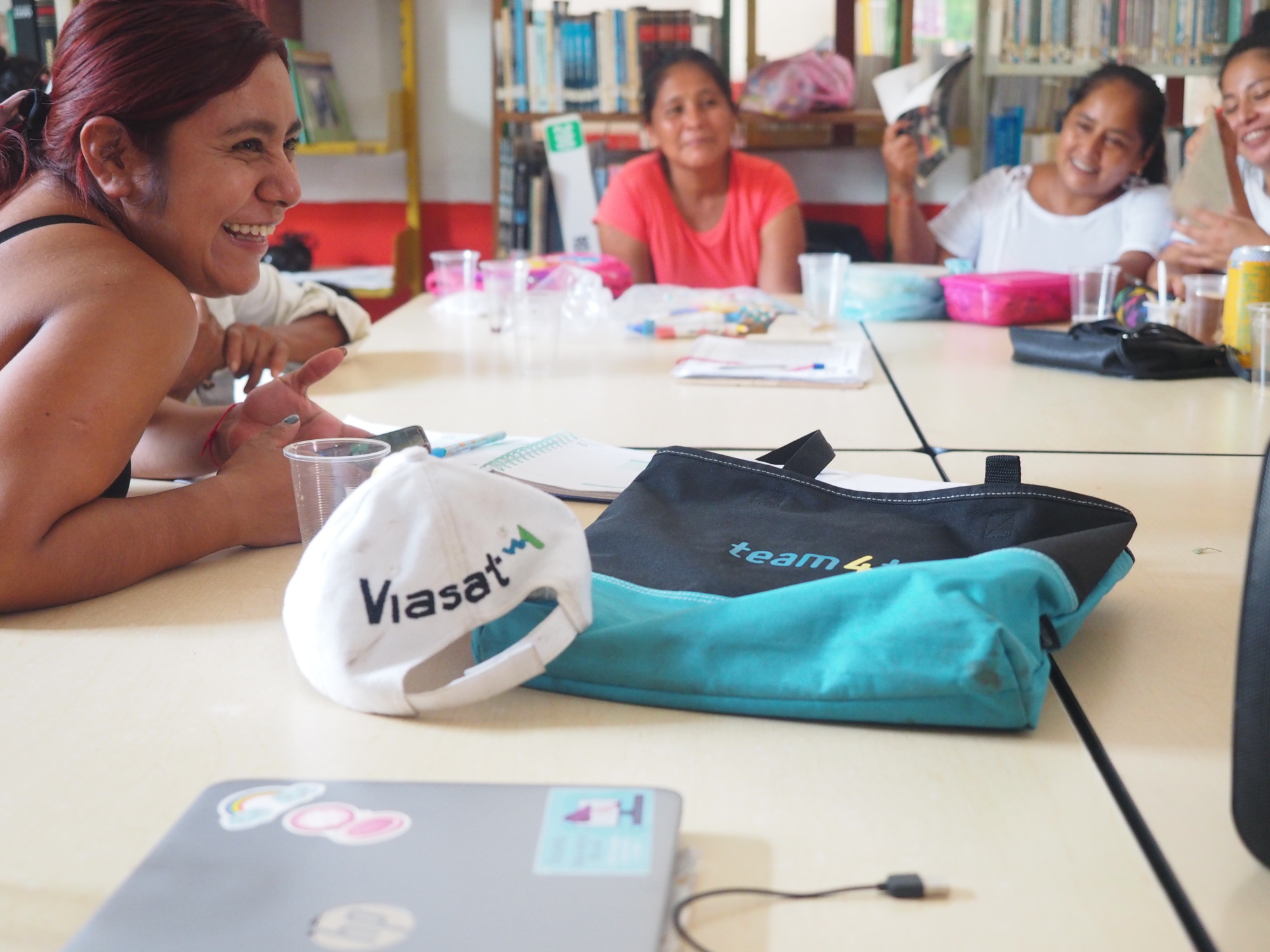
Ya Bombé Uedi Ko Nä Müi
The women of Ya Bombé are a true force. Some members have been PSYDEH partners for over 15 years! Empowered to work and grow together, cooperative members use traditional Huehuetla cross-stitch and Tenango embroidery techniques to craft intricate traditional textiles. They also are commercializing locally-produced coffee and honey.
Products: Embroidered clothing, home goods & accessories, local coffee & honey.
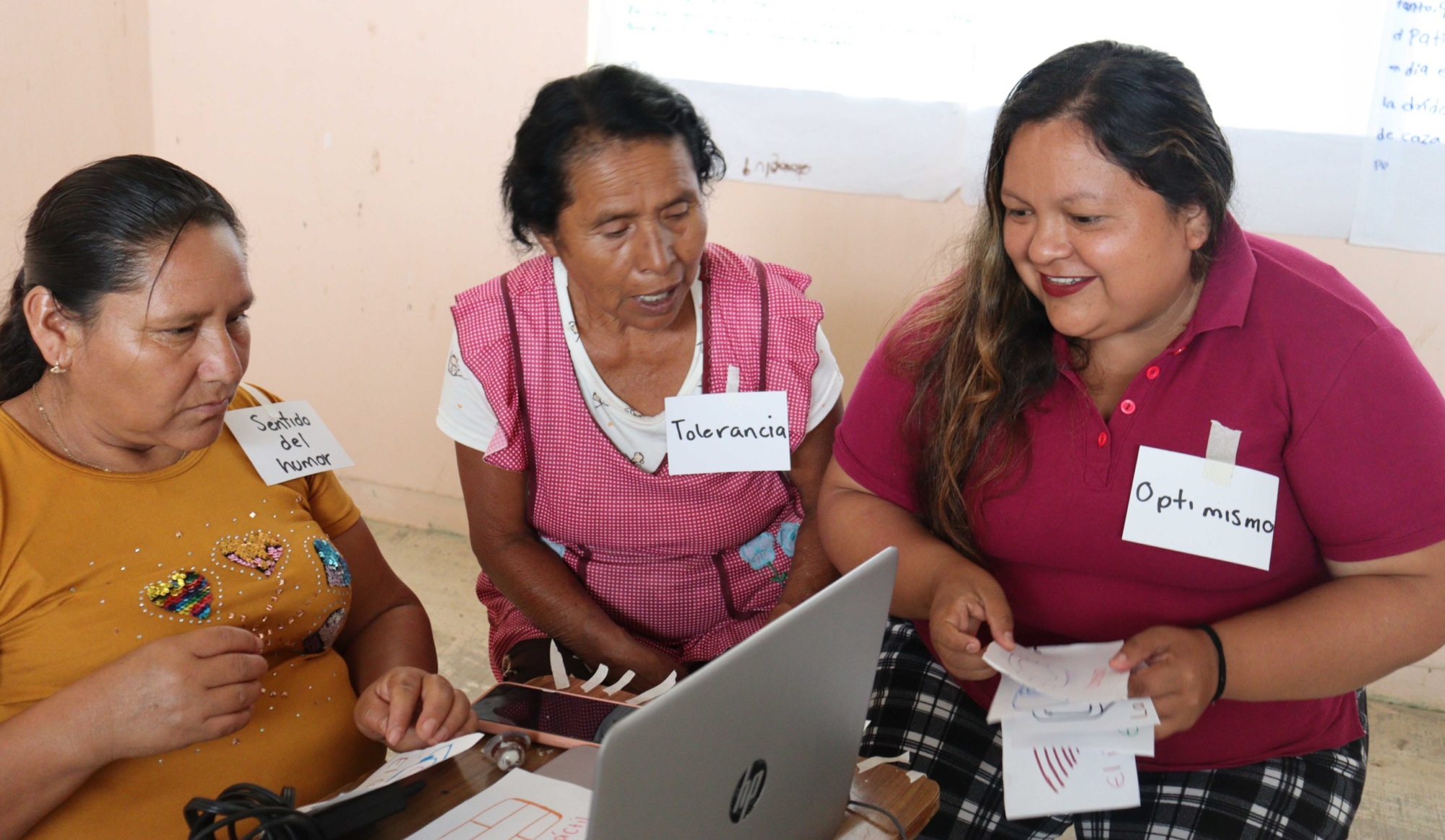
Yu Danxu Mpfei Di Töi
The women of Yu Danxu Mpefí Di Töí (Working Women of San Bartolo) are speakers and protectors of ñuhu, a dialect of the Otomí language. Together this dynamic group is hard at work producing clay comals, floral arrangements, handmade cacao, farm eggs & Creole corn to sell at their weekly market while also crafting elaborate petate, cross-stitch & Tenango embroidery.
Products: Embroidered clothing, home goods & accessories, clay comals, handmade cacao, foam flower arrangements.
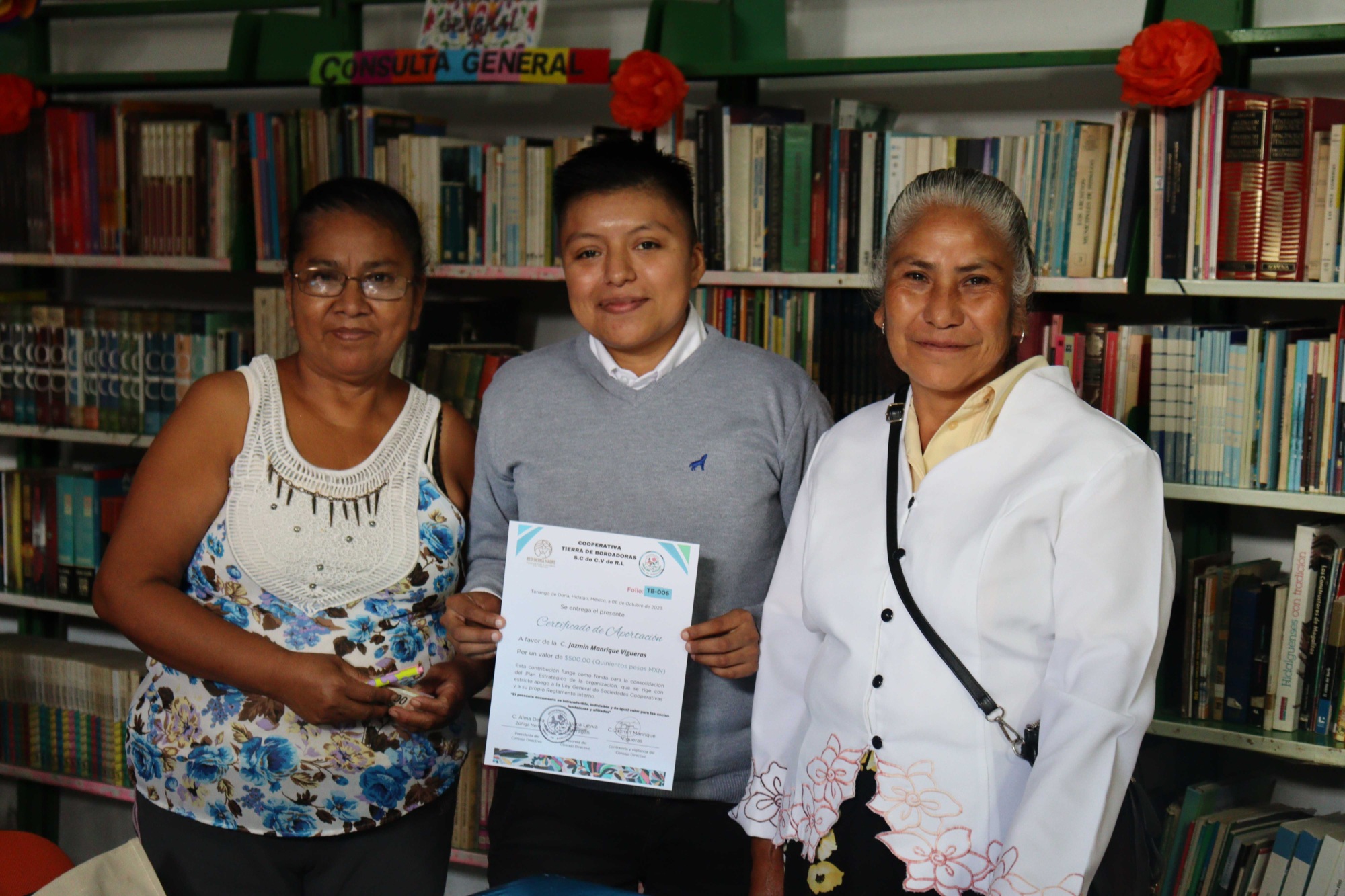
Tierra de Bordadoras
Hailing from Tenango de Doria, the namesake town for one of Mexico’s most famous embroidery traditions, Tierra de Bordadoras (Land of Embroiderers) specialize in intricately embroidered clothing, accessories, and home goods. Recently, the group was selected for a generous WARP artist grant and began a collaboration with a premium fashion label based in Mexico City.
Products: Embroidered clothing, home goods & accessories.
Why cooperatives?
Women-led cooperatives play a crucial role in promoting social, economic, and gender equality in marginalized and Indigenous communities in rural Hidalgo, Mexico by fostering local economic empowerment, building community resilience, and challenging traditional gender roles. Women-led cooperatives in rural Hidalgo, Mexico contribute to a regional paradigm shift through:
-
- Income generation: Women-led cooperatives often engage in income-generating activities, providing members with financial resources and economic independence.
- Fair wages: Cooperatives can advocate for fair wages and better working conditions, ensuring that care work is adequately compensated.
-
- Training and capacity building: Women in cooperatives receive training focused in personal and professional development skills, including self-esteem, discrimination and gender-based violence, collective decision-making, plant medicine, teamwork, product design, market analysis, finances, marketing, and other relevant areas. This enhances their expertise and contributes to the overall impact of their network.
- Community workshops: Cooperatives can organize workshops and educational programs on topics related to the most pressing community-based needs. This contributes to knowledge-sharing within communities.
-
- Collective care services: Cooperatives can establish community-based care services that address the specific needs of local populations. This includes childcare, eldercare, and other support services.
- Mutual support networks: Women-led cooperatives foster a sense of community and mutual support, creating networks that enable members to share collective responsibilities.
-
- Policy Influence: Cooperatives can collectively advocate for policies that recognize and support a regional systems change and address local inequalities. This may involve lobbying for better social protection, fair labor practices, and policies that promote gender equality.
-
- Leadership Roles: Women-led cooperatives challenge traditional gender norms by providing opportunities for women to take on leadership roles within the organization. This, in turn, challenges broader societal perceptions of women’s capabilities.
- Changing Perceptions: Through their actions and achievements, women-led cooperatives contribute to changing societal perceptions about the roles and contributions of women, including in the context of dominant regional gender roles.
-
- Addressing multiple dimensions of inequality: Women-led cooperatives can adopt intersectional approaches that consider the multiple dimensions of inequality, such as race, ethnicity, socio-economic status, and disability, within the context of rural Hidalgo, Mexico.
-
- Social and economic resilience: By empowering women economically and socially, cooperatives contribute to building more resilient communities that can better address local challenges.
- Crisis response: Women-led cooperatives are often well-positioned to respond to crises, such as health emergencies, by mobilizing community resources to respond to urgent needs.
